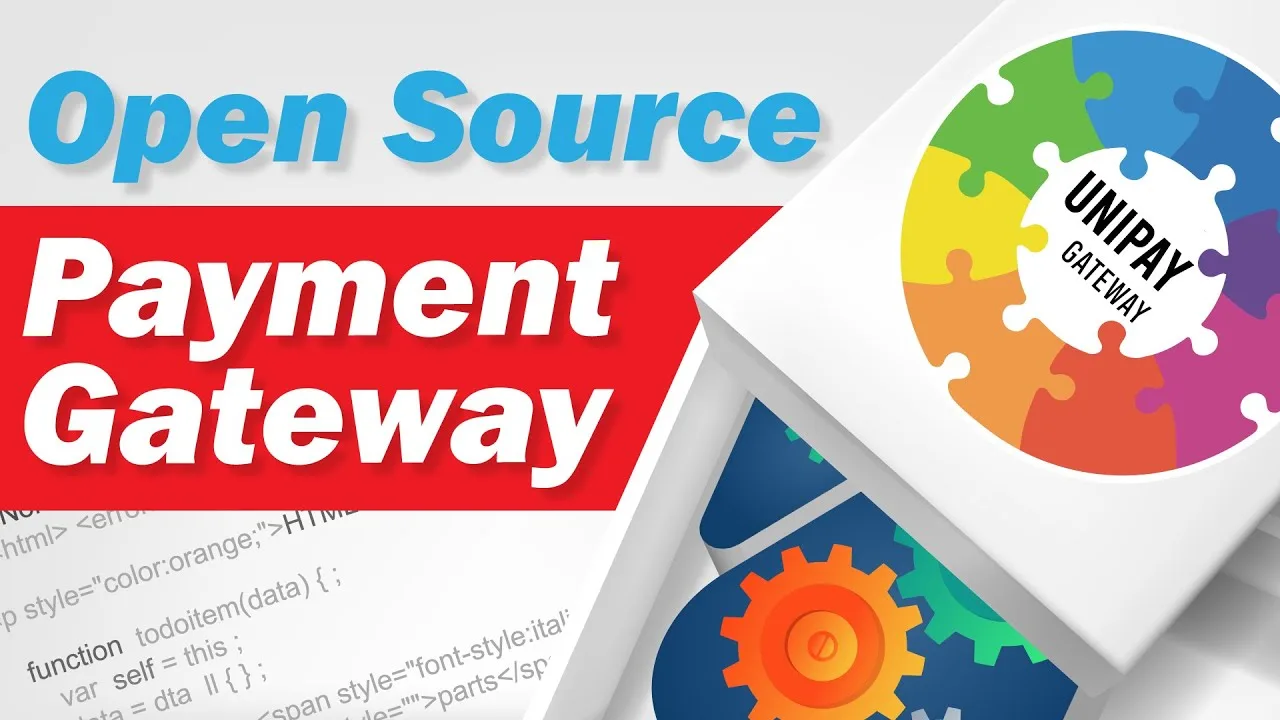Customizing Open Source Payment APIs for Unique Business Needs

Small businesses today have access to a wealth of open-source software that can help streamline operations and reduce costs. However, with so many options available, it can be challenging to determine which solutions may be the best fit. When it comes to payment processing, open-source payment APIs offer an intriguing path – providing the scaffolding needed to build customized solutions tailored specifically to a business’s unique needs.
The Promise and Potential of Open Source Payment APIs
For small business owners stretched thin by limited resources, open-source payment gateways represent an appealing way to establish robust payment functionality without breaking the bank. Unlike off-the-shelf SaaS platforms or payment plugins for content management systems, open-source payment APIs allow companies to selectively utilize only the features and capabilities needed, resulting in solutions that align closely with specific business requirements.
Additionally, because open-source software is publicly available source code, developers can customize the functionality extensively. Whether tweaking checkout flows, reporting, or notification triggers, open-source APIs permit a level of configuration that is difficult to achieve with closed platforms. The ability to finely tune payment tools to complement existing systems and workflows can maximize efficiency.
Considerations When Adopting Open Source Payments
However, while open-source options provide increased flexibility, they also come with greater complexity. Successfully leveraging these APIs hinges on understanding key considerations around features, security, and development costs.
Assessing the Features and Needs
When evaluating open source for small business owners must honestly assess their feature needs before committing to customize and deploy an option. Determine must-have capabilities around payments accepted, international sales, subscriptions versus one-time payments, and more.
Open-source payment APIs can deliver the features necessary, but the focus must be placed on aligning the solution with current and future business requirements. Knowing exactly which functionality is essential will inform which API is best as the starting point.
Prioritizing Security
Data security can never be an afterthought with payment processing. When relying on open-source APIs, small businesses must vet options carefully to ensure critical security measures are already implemented or can be built around the API via customization.
TLS encryption, fraud analysis, and customer authentication – these and other security protocols must be present before accepting live payments through a homegrown payment tool. Review documentation thoroughly and have discussions with development teams to guarantee requirements are met.
Accounting for Customization Efforts
While open-source software is free, building a customized payment solution on top of APIs requires investment. Thoroughly analyze the scope of work to modify functionality, integrate systems, and test before launching to customers.
Depending on the complexity of the use case, utilizing a specialized developer or contractor may be the most efficient path. Budget appropriately for these potential costs before embarking on an open-source payment API integration.
Maintaining Custom Solutions
Once a tailored payment tool built on open-source APIs is launched, maintenance responsibilities shift primarily to internal teams. Having resources available to troubleshoot issues, release updates, and manage infrastructure will be paramount to sustaining performance and security.
For resource-constrained small businesses, choosing an open-source API with an engaged community provides additional support and documentation to tap into as needs arise. Alternatively, outsourcing oversight of the payment solution may be the most prudent option.
Top Open Source Payment API Options
Numerous open-source payment APIs exist for small businesses to consider leveraging. Evaluating the maturity of the project, complexity of integration, and feature alignment allows narrowing down which choice makes the most sense.
- Stripe Payment APIs – Well-documented REST and web APIs to accept global payments and build checkout flows and subscription billing.
- Braintree APIs – Allow customizing payments across platforms with extensive functionality for marketplaces and sharing economies.
- Adyen APIs – Offer flexibility for unified commerce with broad payment method support and anti-fraud technology.
The variety of API-based infrastructure demonstrates the range of possibilities available. Keeping close integration with other business systems at the forefront allows selecting the platform that empowers ongoing innovation.
Realizing the Potential of APIs for Small Business
For small companies intent on calibrating payment infrastructure to ever-evolving business objectives, open-source payment APIs represent a compelling way to exert control. Highly customizable by nature, these building block solutions permit the construction of tailored payment tools unique to each organization.
By carefully weighing feature requirements, evaluating security protocols, and accounting for customization efforts, small businesses can unlock hidden efficiencies and streamline operations via open-source payments. The flexibility and integration potential available spotlight why open source merits consideration when assessing payment processing needs and growth strategies.
![]()






